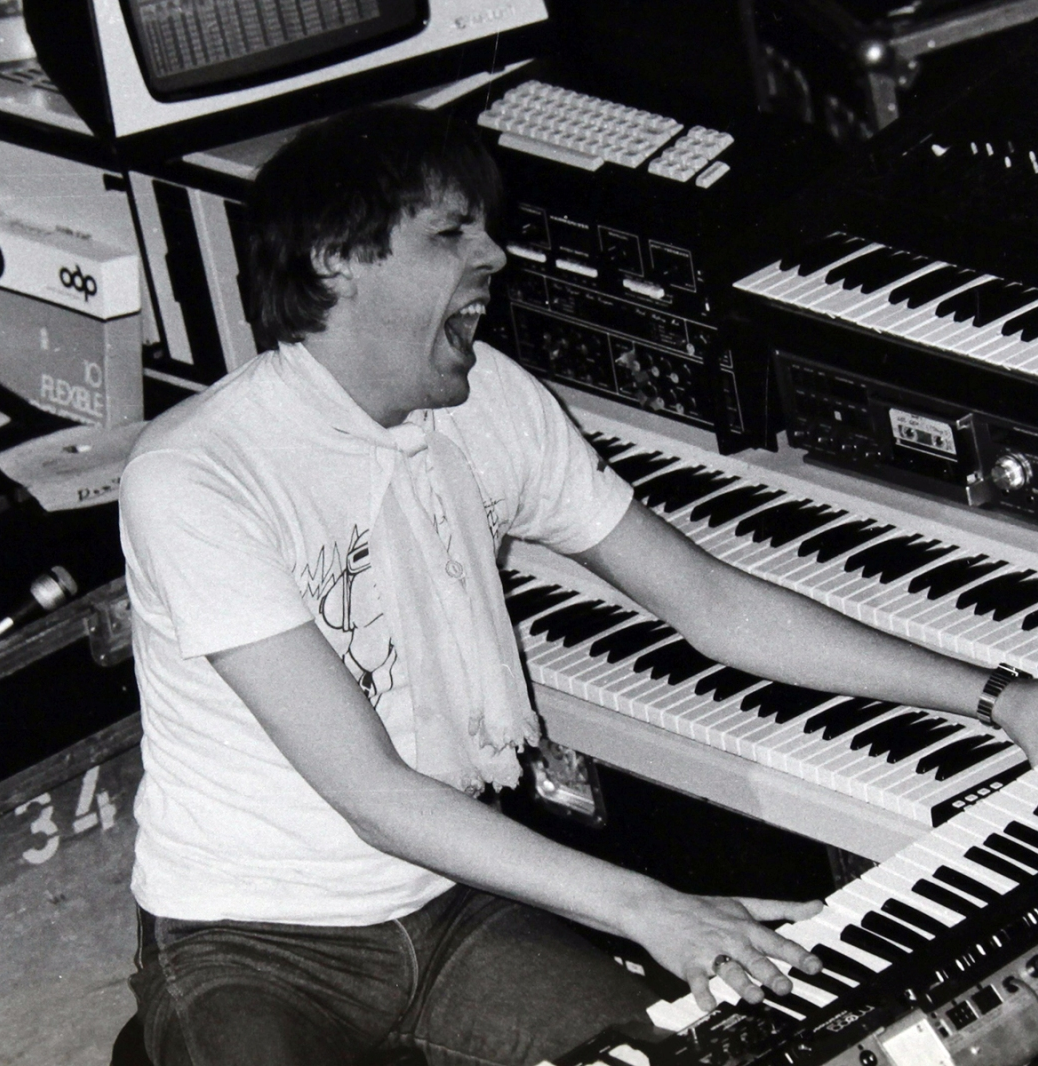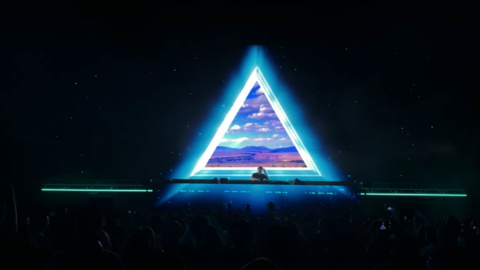By Daniel Kreps
Klaus Schulze, the pioneering German electronic musician who helped shape the genre with both krautrock giants and Tangerine Dream alongside a prolific solo career, has died at the age of 74.
The multi-instrumentalist’s family announced his death Wednesday, adding that Schulze died “unexpectedly” on April 26 following a long battle with an unspecified illness.
“His music will live on and so will our memories,” Schulze’s family said in a statement. “There was still so much to write about him as a human and artist, but he probably would have said by now: nuff said! The farewell will take place in the closest family circle, just as he wished. You know what he was like: his music matters, not his person…”
“We were shocked and saddened to hear the news of Klaus Schulze’s sudden death,” his rep Frank Uhle added in a statement. “We lose and will miss a good personal friend – one of the most influential and important composers of electronic music – a man of conviction and an exceptional artist… His always cheerful nature, his innovative spirit and his impressive body of work remain indelibly rooted in our memories.”
Over a career that spanned more than 50 years and 60 albums, Schulze played an integral role in the musical movement that spawned krautrock as well as the revolutionary “Berlin School” electronic music scene that was the forerunner for ambient, new age and space rock genres.
Schulze’s tenure in Tangerine Dream only lasted one album — as drummer on their 1970 debut LP Electronic Meditation — before he departed to co-found his own group, the influential Krautrock outfit Ash-Ra Tempel alongside fellow pioneer Manuel Göttsching.
After the release of Ash Ra Tempel’s 1971 self-titled album, Schulze left the group — though he’d return sporadically over the ensuing decades — to embark on his solo career, which saw the keyboardist-percussionist release music almost annually beginning with 1972’s Irrlicht.
Following his 1973 standout Cyborg — released on the German label Cosmic Couriers — Schulze and his labelmates formed the Krautrock supergroup Cosmic Jokers and their eponymous debut album. That collaboration segued into the most vital period of Schulze’s solo career, as the mid-to-late Seventies saw the release of electronic music classics like 1975’s Timewind, 1976’s Moondawn and 1978’s “X.”
Schulze continued to push the boundaries of electronic music in subsequent decades, both solo, in bands like Go, in collaborations with artists like Rainer Bloss and Pete Namlock (with whom he recorded 11 volumes of Pink Floyd reinterpretations on the Moog), and under his pseudonym Richard Wahnfried.
More recently, Schulze collaborated with fellow electronic innovator and composer Hans Zimmer on “Grains of Sand,” a track from the “sketchbook” soundtrack for Zimmer’s Oscar-nominated Dune score; Schulze subsequently recorded a Dune-inspired LP, Deus Arrakis, a follow-up of sorts to his 1979 album Dune, also inspired by the sci-fi classic.
“Klaus Schulze’s music has never been as relevant as it is now. The world has finally caught up to a true pioneer,” Zimmer said last December. “More than ever is Klaus’ work the perfect balance between the soul and technology… A master, an influence and influencer on countless others, still connecting us all with a deep sense of humanity and mystery.”
We want to hear it. Send us a tip using our anonymous form.
Copyright © 2022 Penske Business Media, LLC. All Rights reserved.














